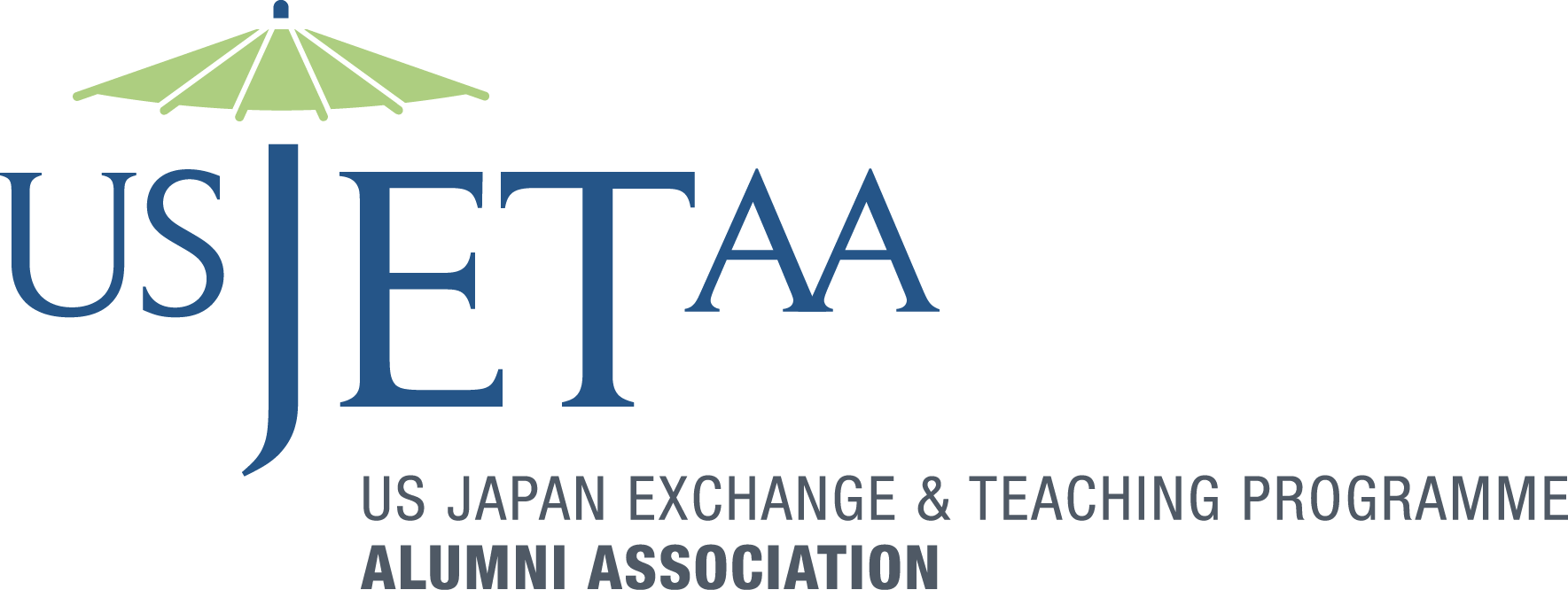Sister city relationships between Japan and the United States started in 1955 on the anniversary of the bombing of Pearl Harbor. Then President Dwight D. Eisenhower founded the sister city program with the belief that citizen diplomacy and people-to-people exchange are fundamental in creating understandings and building lasting friendships between nations. Over the last 64 years, 426 sister city relationships have been established between the United States and Japan as an attempt to promote peace through grassroots initiatives — far more than between any two other countries.
In many ways, my interest in sister city relationships began when I grew curious about the 58-year connection between my hometown of Lodi, California, and Kofu, Japan. I had been living abroad in Oita Prefecture for two years, and my contract as an Assistant Language Teacher in the Japan Exchange and Teaching (JET) Program was ending. I was searching for ways to stay connected with Japan after my inevitable departure, which is what lead me to contact Bill Hinkle, President of the Lodi Sister City Committee.
Mr. Hinkle, who has been involved with the Lodi-Kofu relationship since 1980, helped me coordinate a visit to the small farming town, where I met with Kofu City Hall Officials. They arranged a tour of the Sadoya Winery and presented me with a bottle of wine, a hallmark of the agricultural connection between Lodi and Kofu.
“Grapes,” Mr. Hinkle professed, are what characterize the relationship between Lodi and Kofu. Both cities are influential wine regions, with Yamanashi Prefecture accounting for 40% of Japan’s wine production. In a similar vein, self-proclaimed Zinfandel Capital of the World, Lodi, produces 40% of California’s premium Zinfandel.
Lodi Mayor Mark Chandler recently visited Kofu, and upon his return he reported, “I would just love to have the opportunity to show off the Lodi wine industry to the Kofu people.” Moreover, Mr. Chandler extended an invitation to the Mayor of Kofu, with the hope of reciprocating the hospitality he experienced during his trip to Japan. With over 20 years of experience running the Lodi Wine Grape Commission, and first-hand knowledge of wine tourism development, he looks forward to collaborating and developing the agricultural connection between the two cities.
On a national level, the United States is the number one destination for roughly 18,000 Japanese university students, who contribute nearly $650 million to the US economy. Vice versa, Japan is the 10th most popular destination in the world for American students. Therefore, the Lodi-Kofu connection exemplifies how grassroots efforts such as sister city relationships, can positively affect national trends.
Sister city relationships have an incredible impact on the educational and professional trajectories of the students and citizens who partake in them. Many of whom, myself included, are inspired to study, work, volunteer or vacation in the other country.
Shantel Dickerson is a freelance writer and photographer from Lockeford, California, who served as a JET Program Assistant Language Teacher in Beppu, Oita, Japan, from 2016-2018.
This article is part of a guest-contributor partnership between the East-West Center in Washington and the United States Japan Exchange & Teaching Programme Alumni Association (USJETAA) in which former JET participants contribute articles relating to their experiences in Japan.
The USJETAA is a 501(c)(3) nonprofit educational and cultural organization that promotes grassroots friendship and understanding between the United States and Japan through the personal and professional experiences of over 30,000 Americans who have participated on the JET Programme since its inception in 1987. USJETAA serves as a resource for individual JET alumni, JETAA chapters nationwide, and potential JET participants; supports the leadership of JETAA chapters with programming, membership recruitment, chapter management, leadership, professional development, and fundraising; and, supports the JET Program(me) and engages with the U.S.-Japan community.
